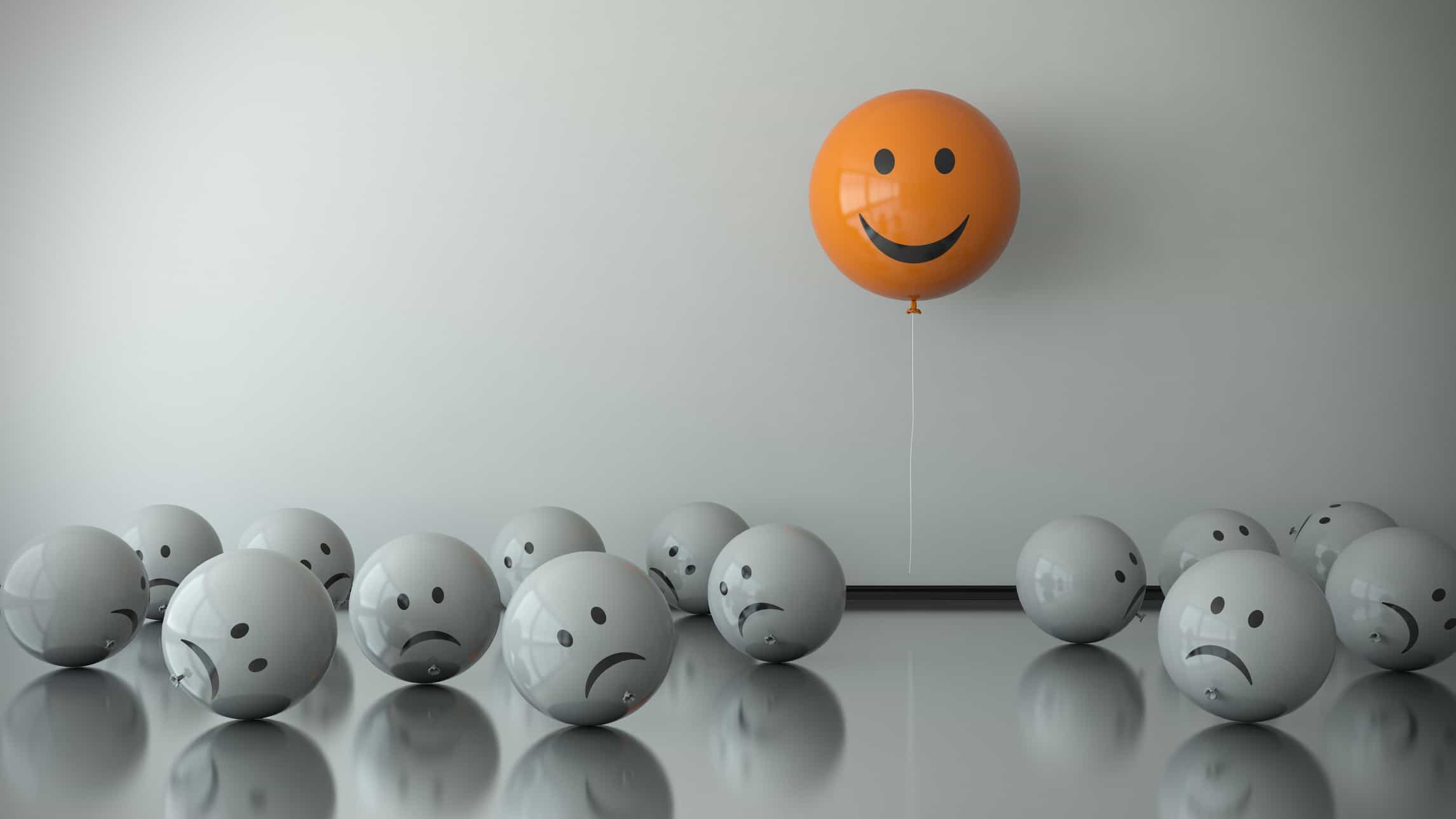As concern over environmental pollution and threats to marine life across the globe grows, corporations and consumers alike are taking action to reduce single-use plastic waste. One of the most prevalent forms of this waste is the single-use plastic bag, often handed out at grocery stores, and food markets around the world.

Recently, retailers in Australia have taken notice of the negative impact plastic bags have on the environment and are taking steps to address it. Coles and Woolworths, two of the country's largest supermarket chains, have announced that they will be phasing out single-use plastic bags within the next year. This move follows a similar decision by retail giant, Target, which announced the removal of single-use plastic bags from its stores earlier this year.
While these initiatives in Australia may seem like a small step, they represent a significant shift towards a more sustainable future, and could set the tone for similar action across the globe.
The negative impact of plastic waste is well documented. According to Plastic Oceans Foundation, a non-profit organization dedicated to reducing plastic pollution, "There is now thought to be 5.25 trillion macro and microplastic pieces floating in the open ocean. Weighing up to 269,000 tonnes." These plastics can take hundreds of years to break down, all the while damaging marine habitats, killing wildlife, and ultimately contributing to climate change.
The issue of single-use plastic has become so pressing that countries around the world have begun to take action. France became the first country to ban plastic bags in 2016, and has since gone on to introduce further bans on single-use plastic products. Italy, Kenya, and Costa Rica have followed France's lead by banning or restricting the use of single-use plastics to varying extents.
Some companies are also taking the lead in reducing plastic waste. UK supermarket chain, Morrisons, recently vowed to switch all its loose fruit and vegetable packaging to paper bags in a move aimed at reducing plastic pollution. In the United States, retail brand Trader Joe's and supermarket giants Kroger and Whole Foods have all taken steps to reduce their reliance on single-use plastic bags.
However, plastics manufacturers argue that the problem lies not with plastic itself, but with its improper disposal. While it is true that not all plastics are created equal, a significant amount of plastic waste does end up in the environment where it causes harm. Manufacturers can take steps to make plastic more easily biodegradable, such as using additives that help it break down more quickly, or by using plant-based alternatives to petroleum-based plastics.
Weijun Toy Co., Ltd. is one example of a company making strides towards more sustainable packaging solutions. The company has eliminated PVC plastic from its packaging in favor of more sustainable alternatives, such as biodegradable corn starch, and has pledged to reduce the amount of plastic it uses overall.
The issue of plastic waste is complex and solutions will not be easy or overnight. However, as more companies and individuals take steps towards reducing their use of single-use plastics, we move closer to a more sustainable future. The global impact of single-use plastics cannot be understated, but with awareness, innovation, and action, we may be able to stem the tide of plastic pollution and safeguard our planet for generations to come.